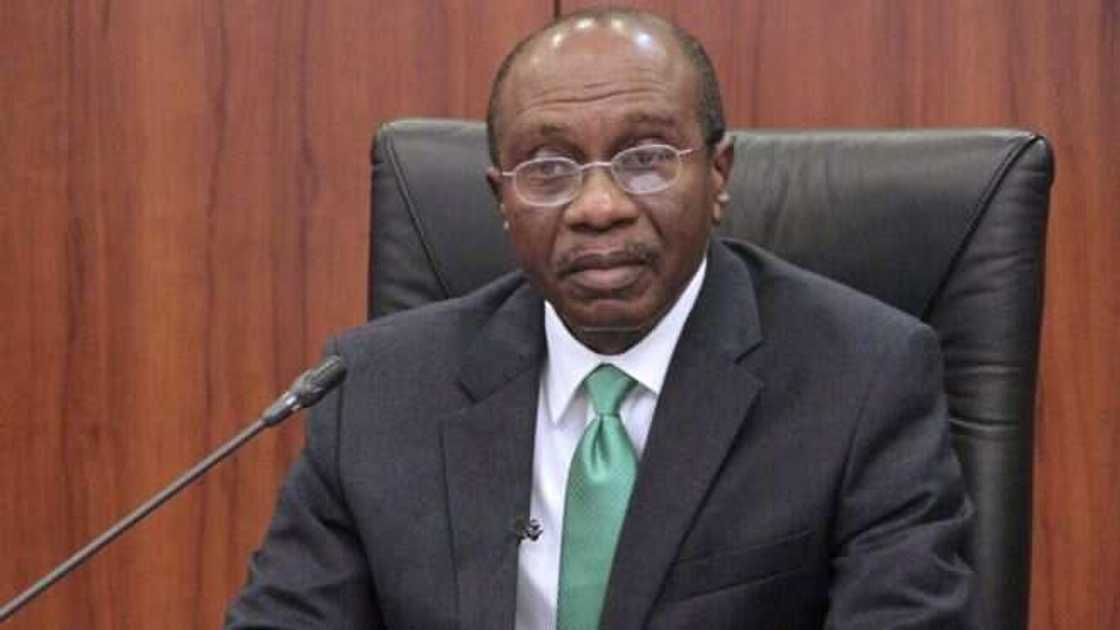CBN and AbokiFX's black market rates: How transparent is AbokiFX by Odewale Abayomi (Opinion)
Amidst the growing popularity of AbokiFX – a website which publishes black market exchange rates and as Naira depreciates at the parallel market, the Central Bank of Nigeria (CBN) being suspicious recently accused the platform of publishing arbitrary and speculative rates.
Apart from forces of demand and supply, economic variables and policies which largely influence the exchange rate; a popular, manipulative, non-transparent and speculation riddled exchange rate website is capable of crippling and wrecking a nation's economy. How transparent are the exchange rates on AbokiFx?

Source: Facebook
AbokiFX now unofficially wields a powerful influence. The pertinent question remains, what are the yardsticks, indices and driving factors of exchange rates on AbokiFX and other similar websites? The exchange rate is sensitive. Handlers of exchange rates must publish a fair and accurate value of Naira against other currencies – gathered from trusted and verified sources.

Read also
Exercise Books, Textbooks, other Print materials to Become more Costly as Cost of Paper Imports hit N1.23trn
Proliferation and wide acceptance of unauthorized exchange rate blogs are capable of misleading and distorting economic reality. If frivolous websites publishing such critical information on exchange rates are not regulated, anybody can wake up and publish spurious exchange rates that are capable of sabotaging the already battered economy. The harm is spiked forex volatility. This particularly is the concern of CBN.
Let us examine the gap between the official rates and Bureau De Change (BDC) dollar exchange rates before and after the advent of AbokiFX.
PAY ATTENTION: Join Legit.ng Telegram channel! Never miss important updates!
AbokiFX started operations in 2014. Bear in mind that Nigeria witnessed economic recession in 2008 and 2016 (before and after AbokiFX started operations).
Before the advent of AbokiFX (2004 to 2013), the disparity between the official and parallel market exchange rate was very close and intangible. Despite the economic meltdown in 2008, the difference was roughly #3.08. While the highest exchange rate margin within this period was in October 2005, with the margin of #13.9.
After the advent of AbokiFX (2015 and 2021), the gap between the official and parallel market exchange rate gradually widened. In 2016, during the recession, the difference was #156.82 and it reportedly hovers at about #159 currently. Even in November 2020 when CBN was supplying BDCs, the margin was #91.74. Within this period, CBN had consistently devalued Naira at least on three occasions in anticipation that official and parallel market rates will converge – still, the gap widens.
From the data, the gap between official and BDC rates was closed before AbokiFX started operations and wide after it started operations. What changed? The possibility of speculation and artificially induced manipulation can not be ruled out.
As the custodian of Naira currency, CBN tracks the exchange rate of licensed BDCs – through CBN BDC Tracker. There is also a disparity when we compare figures from CBN BDC Tracker and AbokiFX's rates at the parallel market between October 2020 and April 2021. Averagely, AbokiFX's rates were above CBN BDC Tracker's. For instance, in December 2020, the AbokiFX rate was #490 per dollar while CBN BDC Tracker puts the BDC exchange rate at #471.62 per dollar.

Read also
AfCFTA: Cross-border service integration will boost African oil and gas industry, says Briggs
CBN is constitutionally empowered to oversee Nigeria's currency, and as such, CBN can query anybody or organizations engaging in activities capable of jeopardizing the nation's currency.
CBN should embrace robust fiscal and strong monetary policies that would drive a productive and globally competitive economy. CBN needs a creative approach in relegating speculators without genuine dollar demands – who often create artificial pressure. In resuscitating the Naira, it is imperative to checkmate illicit arbitrage and round-tripping by embracing exchange rate unification. In the process, the parallel market becomes non-lucrative.
Notwithstanding, myriads of factors are responsible for Nigeria's forex crisis but the influx of spurious exchange rate aggregators cannot be overlooked.
The damage to the economy is enormous when mainstream media further rely on shady websites for parallel market exchange rates. Again, how transparent are the exchange rates on AbokiFX?
______
ODEWALE Abayomi, a writer on Economy and Politics. He tweets @ODEWALEAbayomi
Source: Legit.ng



